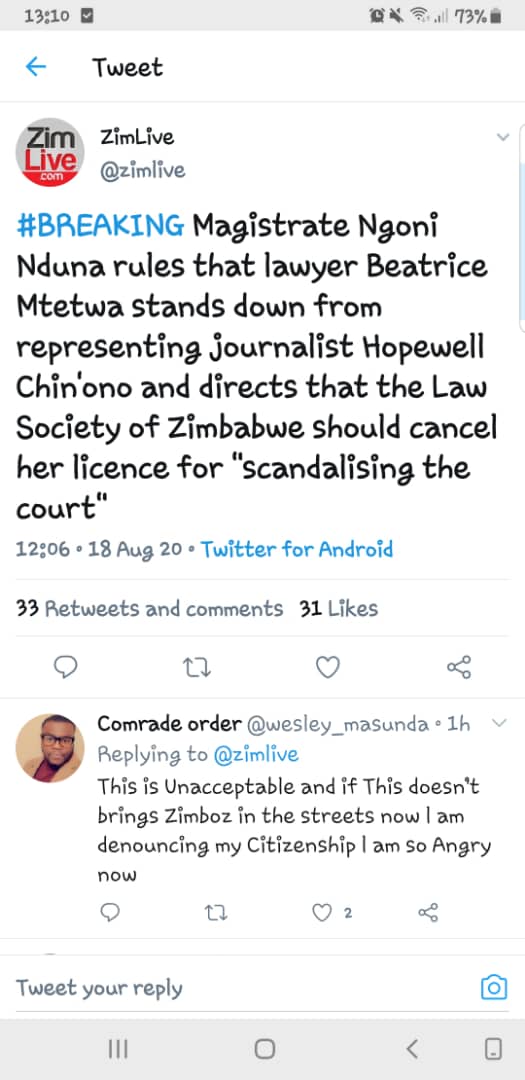This past week saw the deaths of former Illinois Governor James “Big Jim” Thompson and former Finley Kumble partner, Steven Kumble. First, Thompson, who deserved the name “Big Jim” as he was 6’ 6″. As U.S. Attorney for the Northern District of Illinois, before serving four terms as governor, Thompson’s office prosecuted a variety of political corruption cases. He did not lack for case selection, given the Democratic machine that had run Chicago for years.
He was one of the reasons why I decided to go to law school. In 1973, I was in Chicago working as a radio news reporter. I covered the trial of then Seventh Circuit Judge Otto Kerner, former governor of Illinois, who was on trial for political corruption. Thompson represented the government, and Judge Kerner was represented by Paul Connolly of the D.C. firm, Williams, Connolly and Califano. These names won’t mean much if anything to millennials and those younger. Kerner was convicted.
To see Thompson and Connolly represent their respective clients was to watch grace in action, always courteous to each other, often deferential to witnesses, but I knew that I was watching masters at the game, and I decided that that was what I wanted to do, to try cases.
Steven Kumble was a partner of one of the very first large nationwide law firms in the ’80s. For those readers who are not of dinosaurial vintage, the name will mean nothing, but for those of us who practiced way back in the 1980s and before, the name meant something. Kumble was the managing partner of what was one of the very first “megafirms,” but the firm’s story was also a cautionary tale of what can happen when a big firm goes awry.
Finley Kinble grew and grew and grew, and at the end it had more than 700 lawyers, but its foundation wasn’t very solid. It crashed and burned toward the end of the decade, filing bankruptcy and then a subsequent liquidation. Was it a harbinger? IMHO, the firm did not have a particularly good reputation; the lawyers were not courteous (at least not in my experience here in Los Angeles); dealing with them was no fun. The firm ditched the collegial attitude, which had been the way of practice, for a contentious approach. In the end, that approach did not serve the firm well. Schadenfreude.
I often wonder if the megafirms of today have learned the lessons of Finley Kunble, especially in this teetering economy, where partners are clawing back work that they would have, in flusher times, given to associates. Remember it’s all about the billables. Always has been and always will be.
Why do you want to go to law school? Is this a good time to spend the next three/four years waiting out the economic mess learning how to lawyer? Are you willing to take the financial risk on an uncertain future?
The employment rate for lawyers in 2019 was the highest it had been since 2007. But 2019 is not 2020. Uncertainty looms large, not just in employment opportunities, but even if there will be bar exams in some states, and if not, how will the 2020 graduates get to practice. Diploma privilege?
Given the fiascos of summer 2020 bar exams to date, with Florida being the latest to crash and burn, I wonder if California will have same or similar issues with its bar exam, now set for early October. What happens if there are any glitches (and I would be surprised if there aren’t some snafus.) Is there a contingency plan?
And it’s not just the legal profession that is in a state of flux. There’s a cautionary tale in a New York Times media column about the slashing and burning of senior Warner Bros. executives. AT&T, which acquired Warner Bros. several years ago, has told these employees that the landscape has changed, they have been unceremoniously shown the door, and the new is not at all like the old. Streaming services now rule the landscape and the old Hollywood, the one of movie studios, is on life support. The days of the Hollywood moguls are history, as is the way it distributed content. Why do I mention this?
If you haven’t been paying attention to how the legal landscape has been changing and will continue to do so, you need to start paying attention now. The profession I joined more than 40 years ago is just about unrecognizable in many years. It’s rife with innovation. From the various forms of technology now available, artificial intelligence, alternative legal service providers, data analytics (?), even such prosaic things as office equipment and the ability to work from home (even before the pandemic), the delivery of legal services is now more competitive, more price sensitive than ever before, and changes will continue.
While the legal profession is not a declining industry in the way that Hollywood seems to be, if you are not willing to keep up with change, it will leave you in the dust of old law library books. (Remember those?) Make sure that your choice to go to law school is not just a place marker until things improve, a date yet to be determined. Don’t waste your time and money if it’s not something you really want to do. It’s never been an easy way to make a living and it will be even harder in the years ahead.
 Jill Switzer has been an active member of the State Bar of California for over 40 years. She remembers practicing law in a kinder, gentler time. She’s had a diverse legal career, including stints as a deputy district attorney, a solo practice, and several senior in-house gigs. She now mediates full-time, which gives her the opportunity to see dinosaurs, millennials, and those in-between interact — it’s not always civil. You can reach her by email at oldladylawyer@gmail.com.
Jill Switzer has been an active member of the State Bar of California for over 40 years. She remembers practicing law in a kinder, gentler time. She’s had a diverse legal career, including stints as a deputy district attorney, a solo practice, and several senior in-house gigs. She now mediates full-time, which gives her the opportunity to see dinosaurs, millennials, and those in-between interact — it’s not always civil. You can reach her by email at oldladylawyer@gmail.com.














 Jill Switzer has been an active member of the State Bar of California for over 40 years. She remembers practicing law in a kinder, gentler time. She’s had a diverse legal career, including stints as a deputy district attorney, a solo practice, and several senior in-house gigs. She now mediates full-time, which gives her the opportunity to see dinosaurs, millennials, and those in-between interact — it’s not always civil. You can reach her by email at
Jill Switzer has been an active member of the State Bar of California for over 40 years. She remembers practicing law in a kinder, gentler time. She’s had a diverse legal career, including stints as a deputy district attorney, a solo practice, and several senior in-house gigs. She now mediates full-time, which gives her the opportunity to see dinosaurs, millennials, and those in-between interact — it’s not always civil. You can reach her by email at 


 Ellen Trachman is the Managing Attorney of
Ellen Trachman is the Managing Attorney of